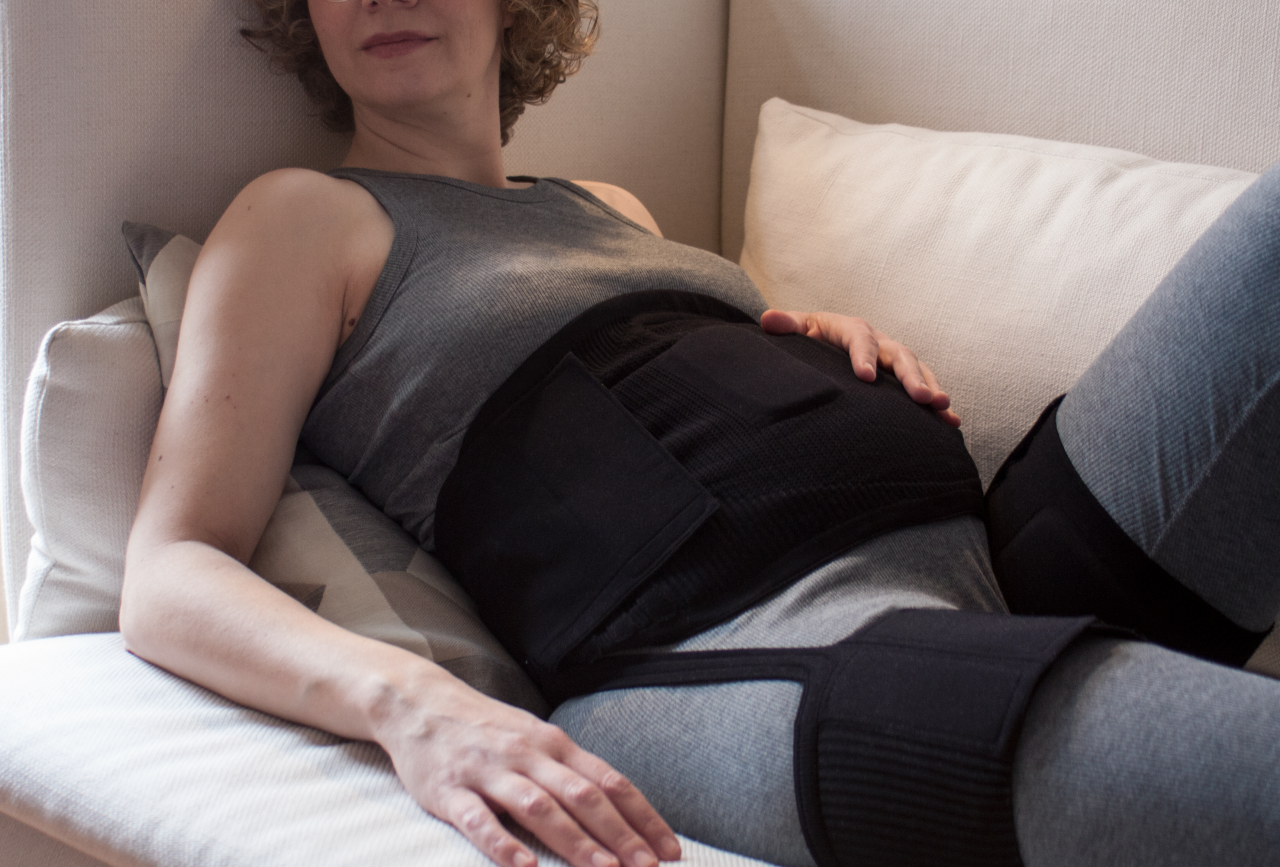
11/2022 - 04/2025
Thema PI
Thema PI – User-Centered Design for Postnatal Recovery As part of the research project “Thema PI,” the research team of the Department of Textile and Material Design at weißensee academy of art berlin, together with...
Our research at DXM explores concepts that link material innovation with design-led experimentation and develops future-orientated solutions for societally relevant fields of applications and contexts.

Thema PI – User-Centered Design for Postnatal Recovery As part of the research project “Thema PI,” the research team of the Department of Textile and Material Design at weißensee academy of art berlin, together with...
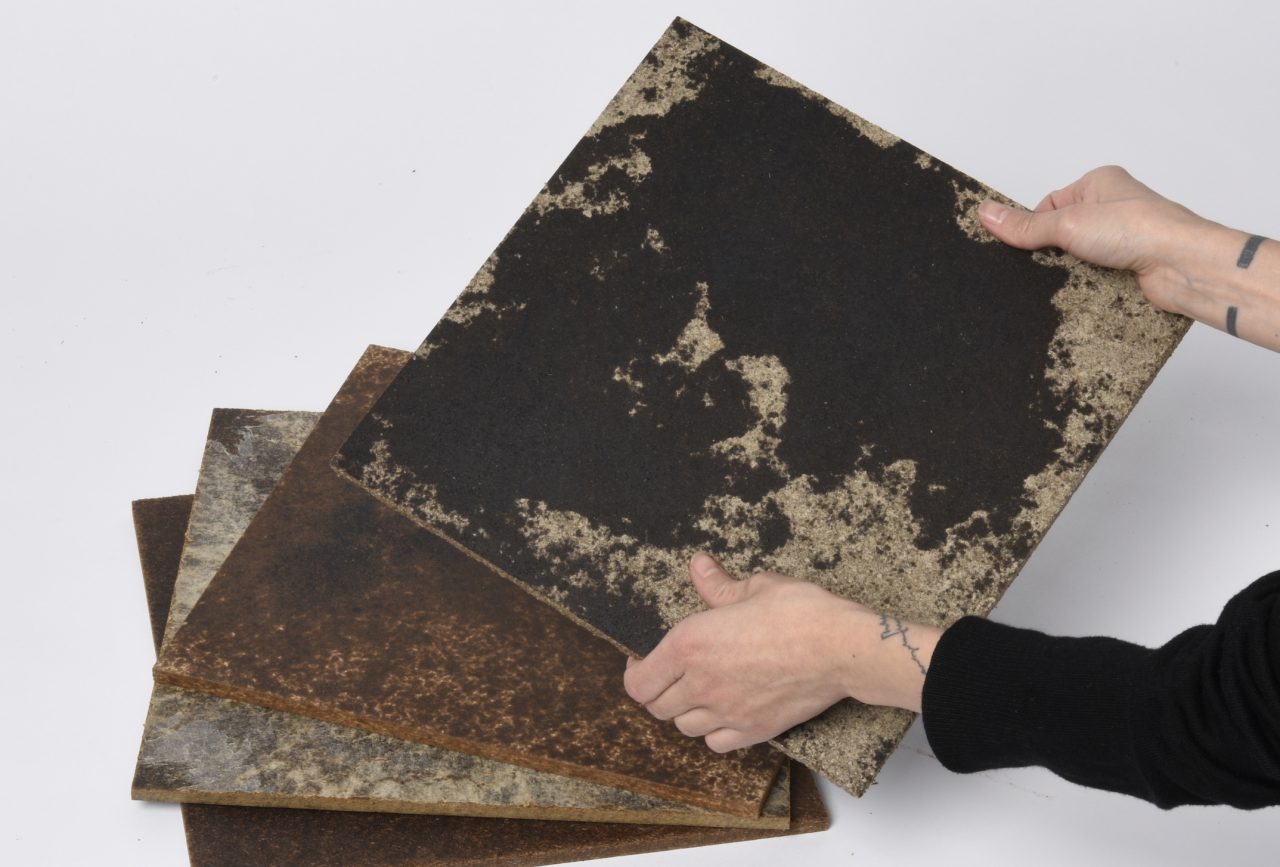
The interdisciplinary research project LignoLight develops materials and products based on lignin, a by-product of the global paper and cellulose industry. In contrast to the current thermal utilisation of the by-product, LignoLight utilises lignin in the...
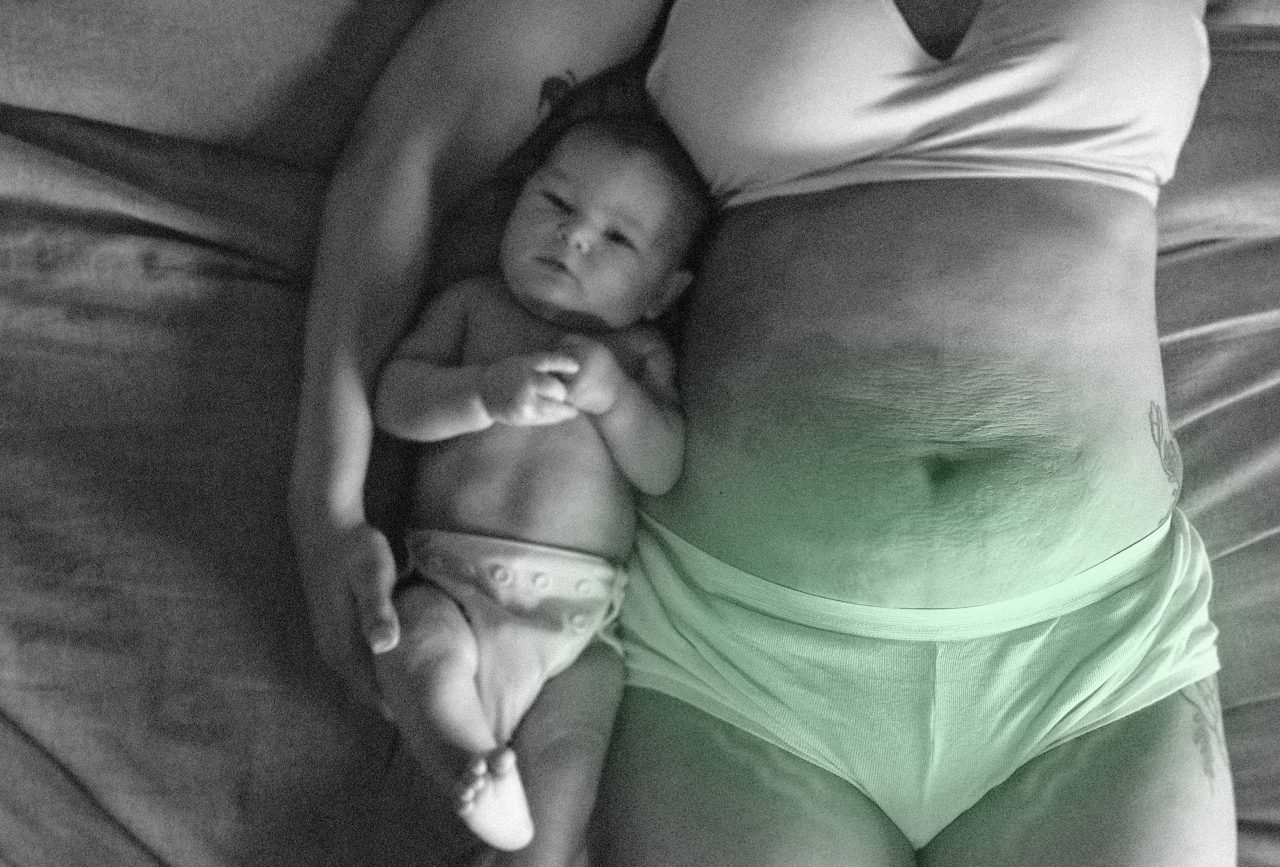
Development of a sports belt based on modulated medium frequencies for mobile applications, for postnatal muscle development of the deep abdominal and pelvic floor muscles.
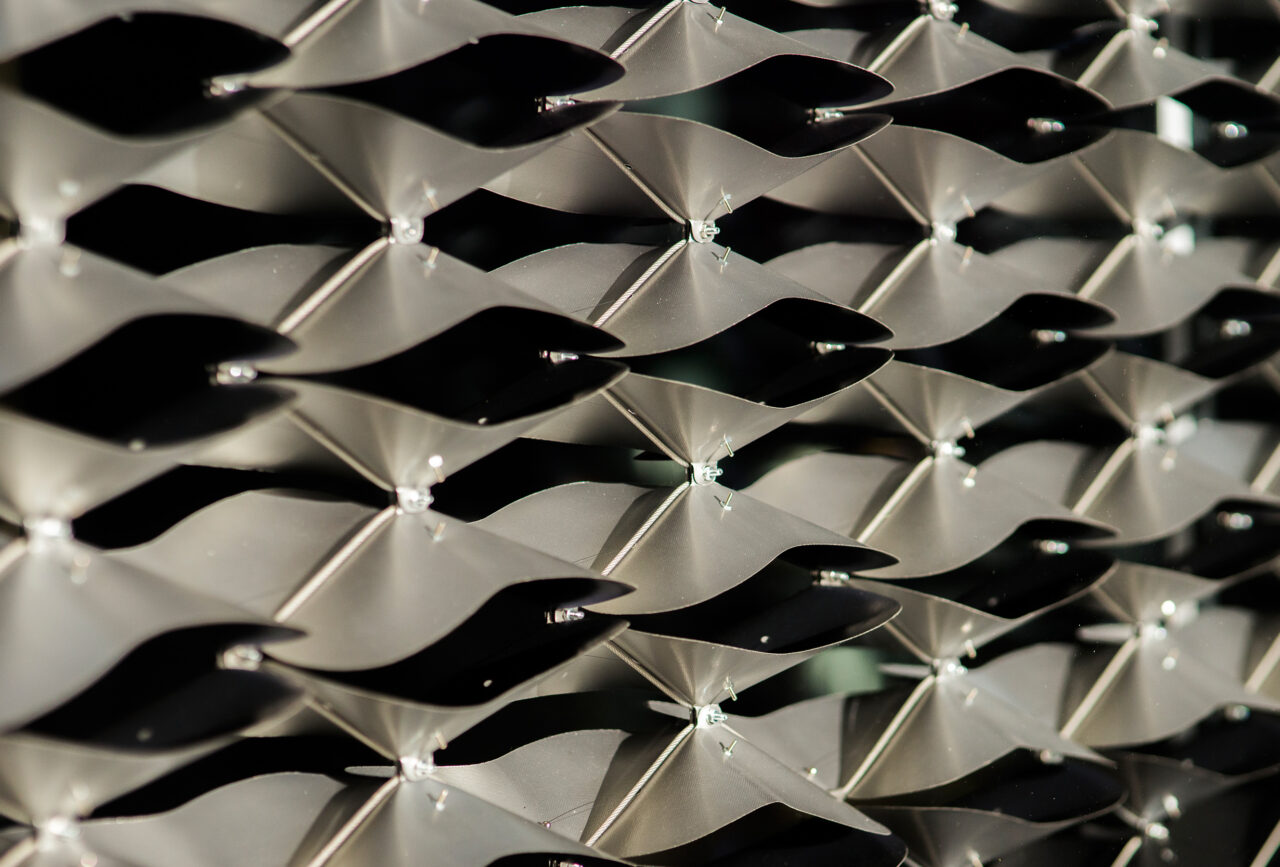
Development of an adaptive textile through the integration of shape memory alloy for an autonomously controlled sun protection for public spaces in extreme climate regions. Comfort factors such as...
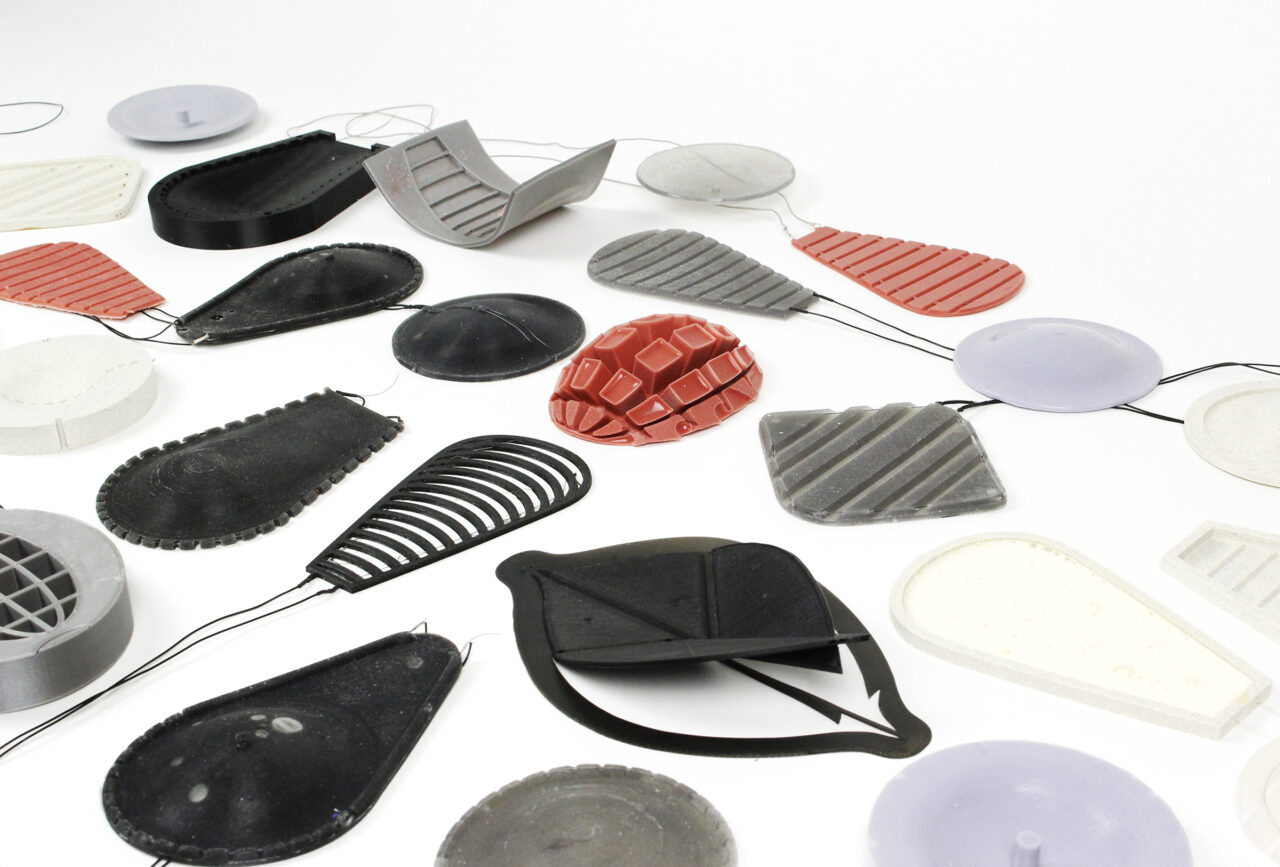
The research project SoundAdapt 2.0 builds on the SoundAdapt project and likewise deals with the development of acoustically variable kinetic surfaces. Adaptive wall panels are being developed that can be installed...
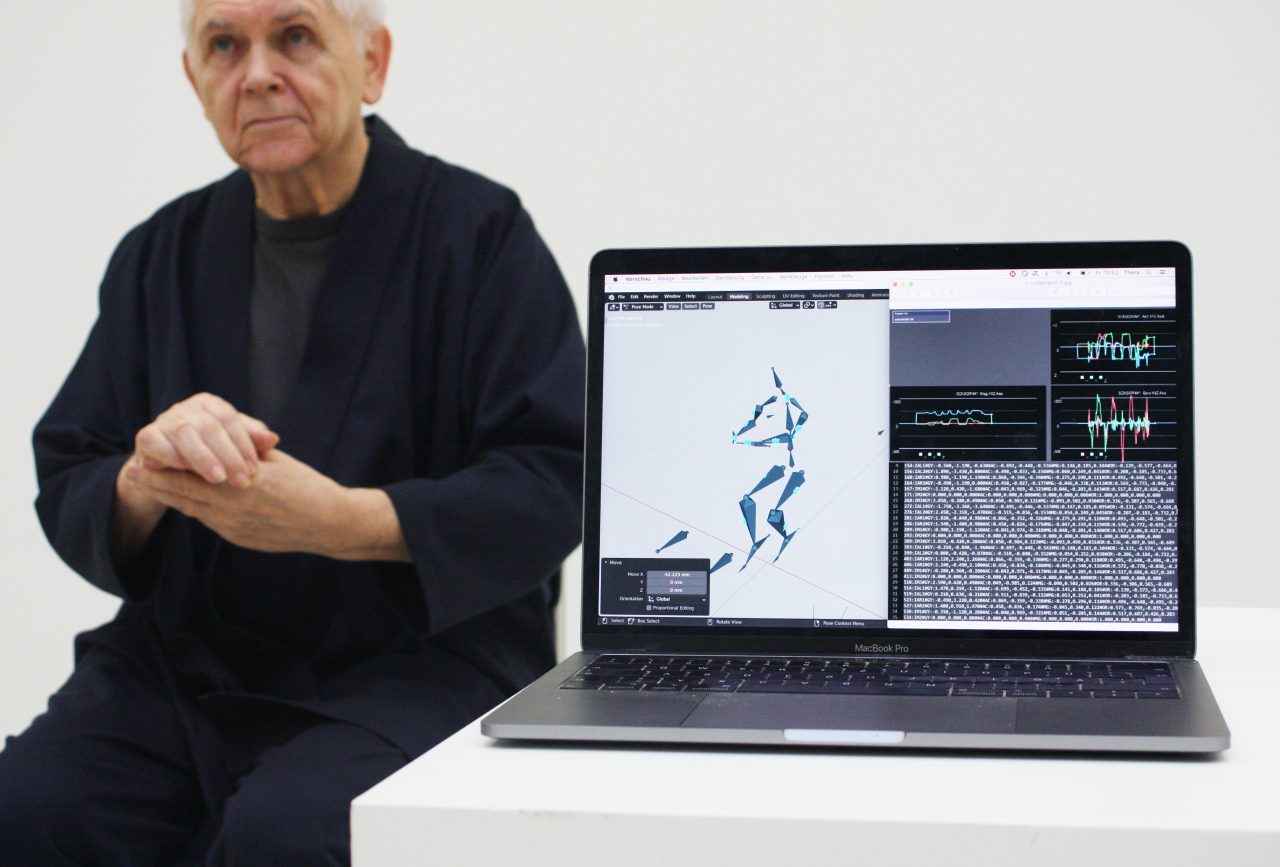
Development of a technological platform to integrate sensory and actory functions into a textile, to support the therapy of people with hemiplegia. The transdisciplinary research-project „TheraTex“ deals with the development of an e-textile platform. By integrating sensory...
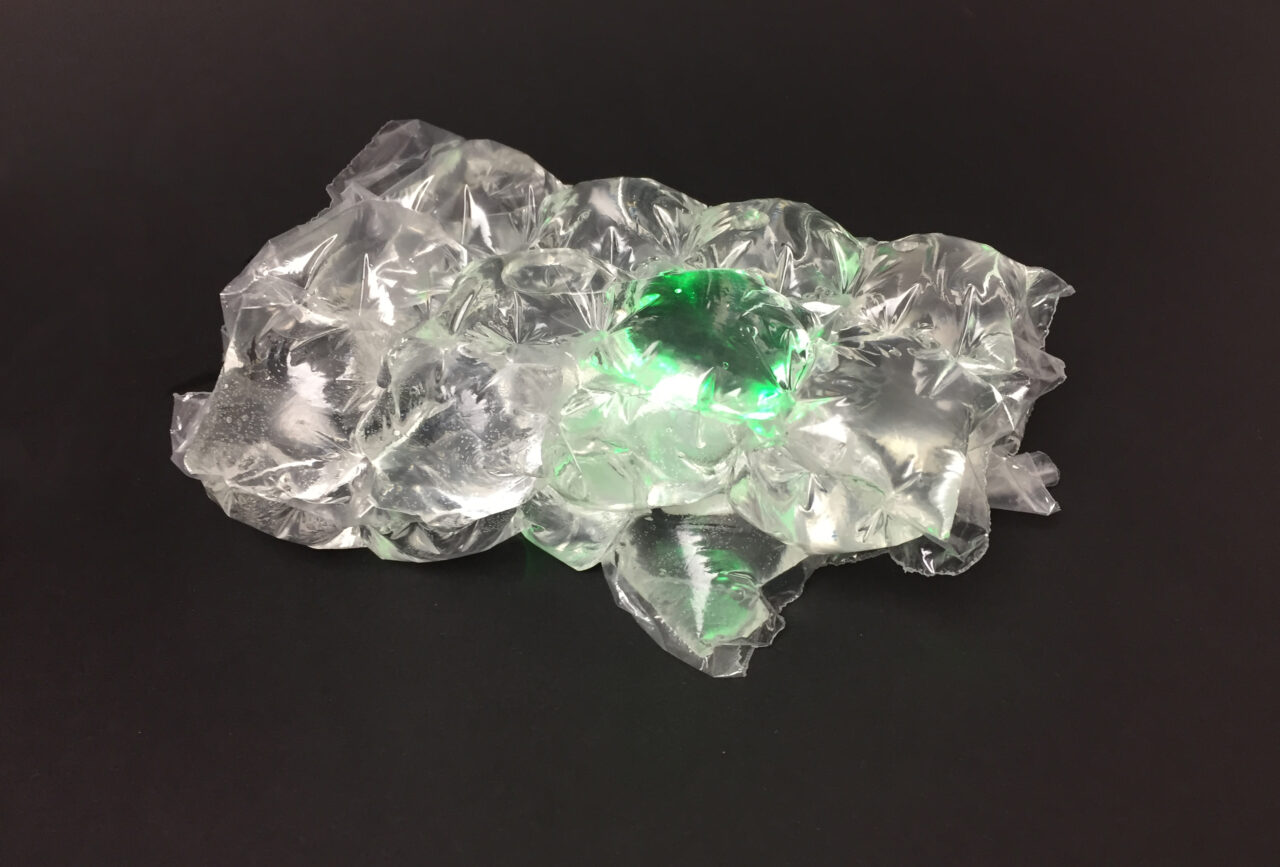
The practice-based research project Digital Materials examines possibilities to make digital processes directly operative and tangible in physical materials and is located in the interdisciplinary field of Active Matter. Conception,...
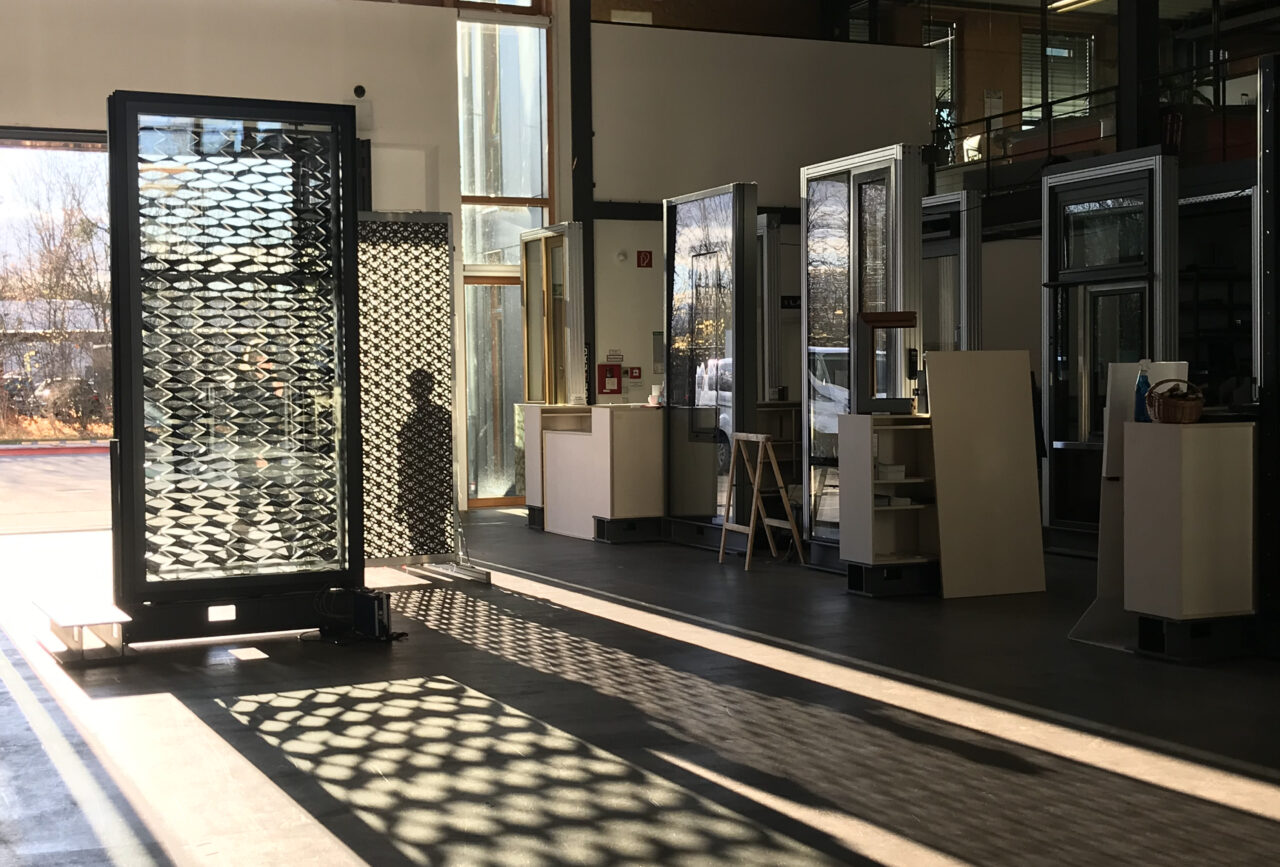
The research project Adaptex investigates the potential of using the shape-changing material Shape Memory Alloy (SMA) in an adaptive sun shading textile for architecture. By incorporating SMA as an actuator into a textile...
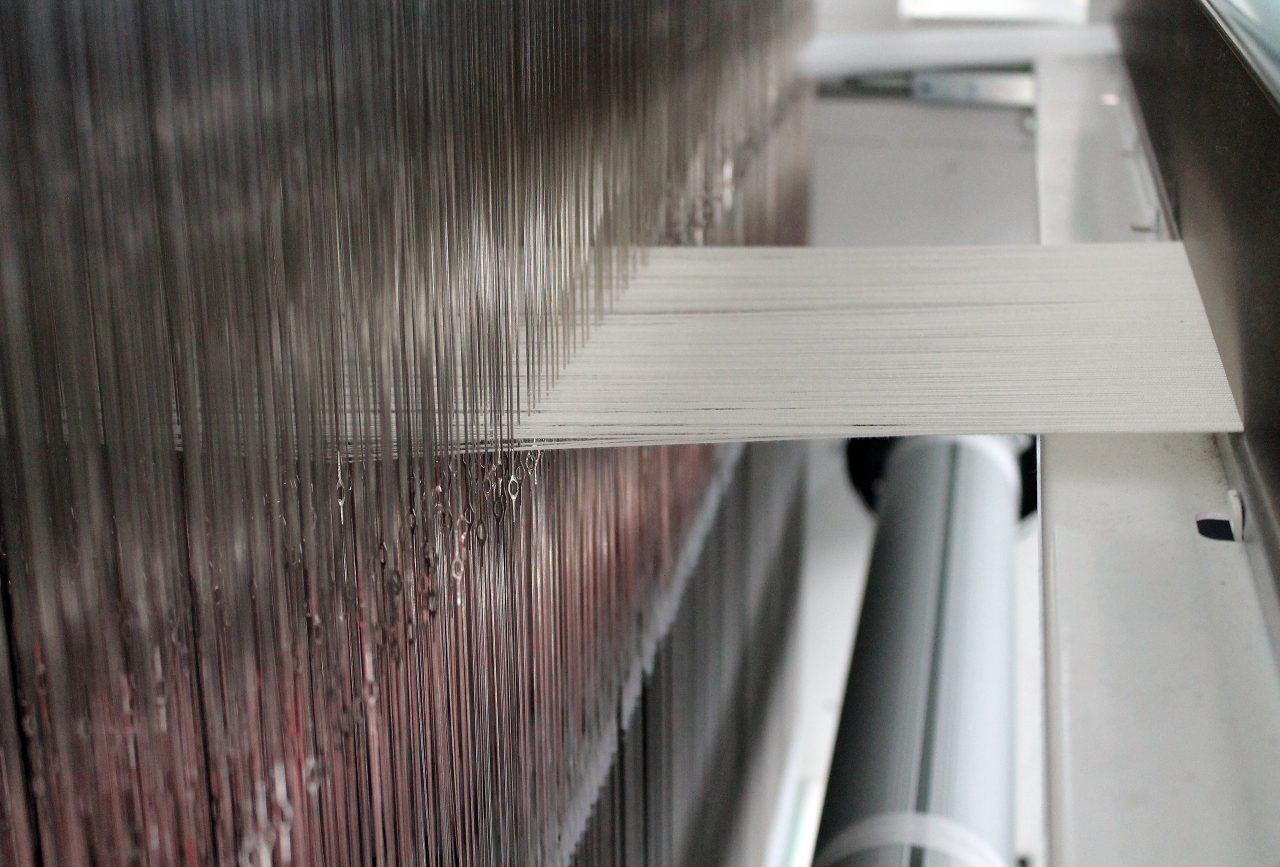
The Textile Prototyping Lab (TPL) is a research project of five organisations from the fields of textile, electronics research, design, and economy. It includes the design, installation, and testing of a textile prototyping...
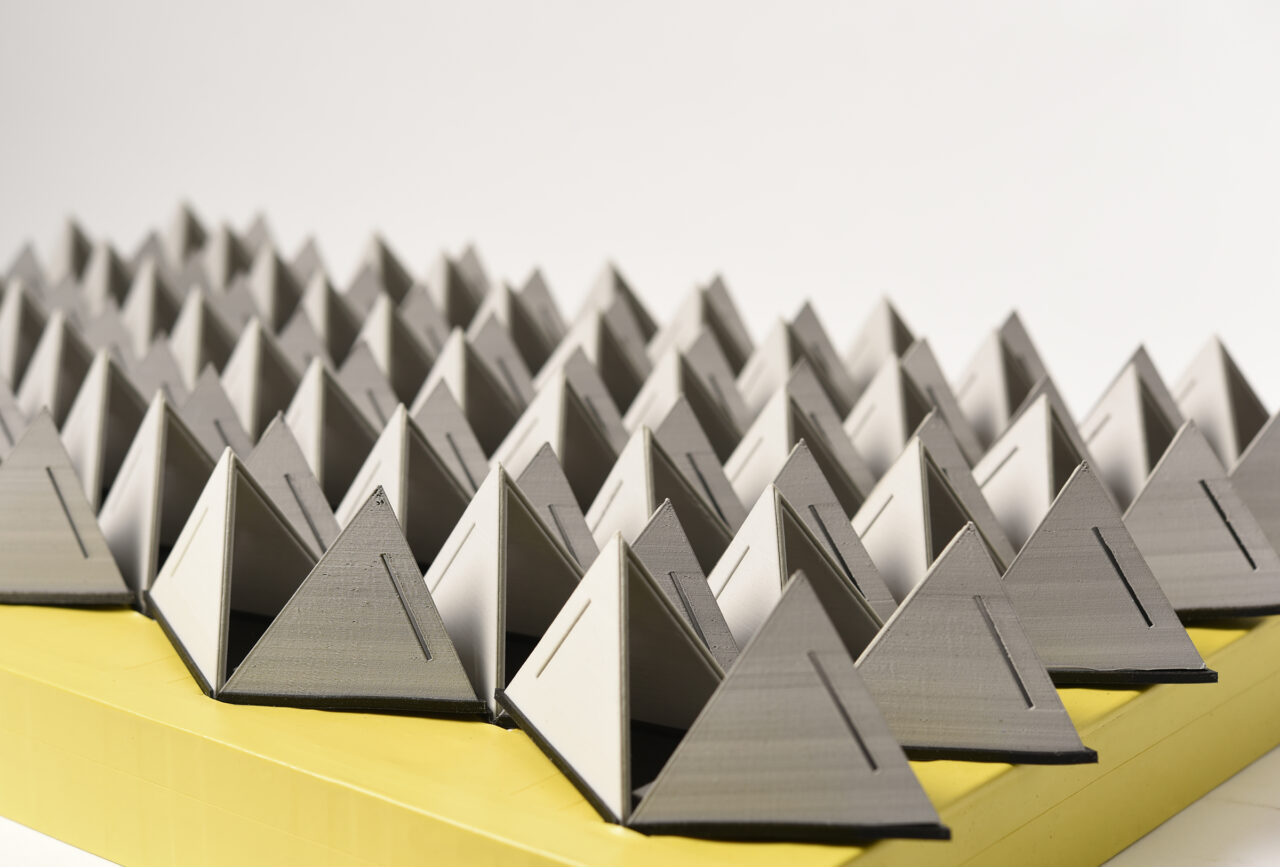
Adaptive surface modules for variable room acoustics The R&D project Sound Adapt deals with the development of a kinetic surface, which can influence the acoustic parameters within buildings in a fast...
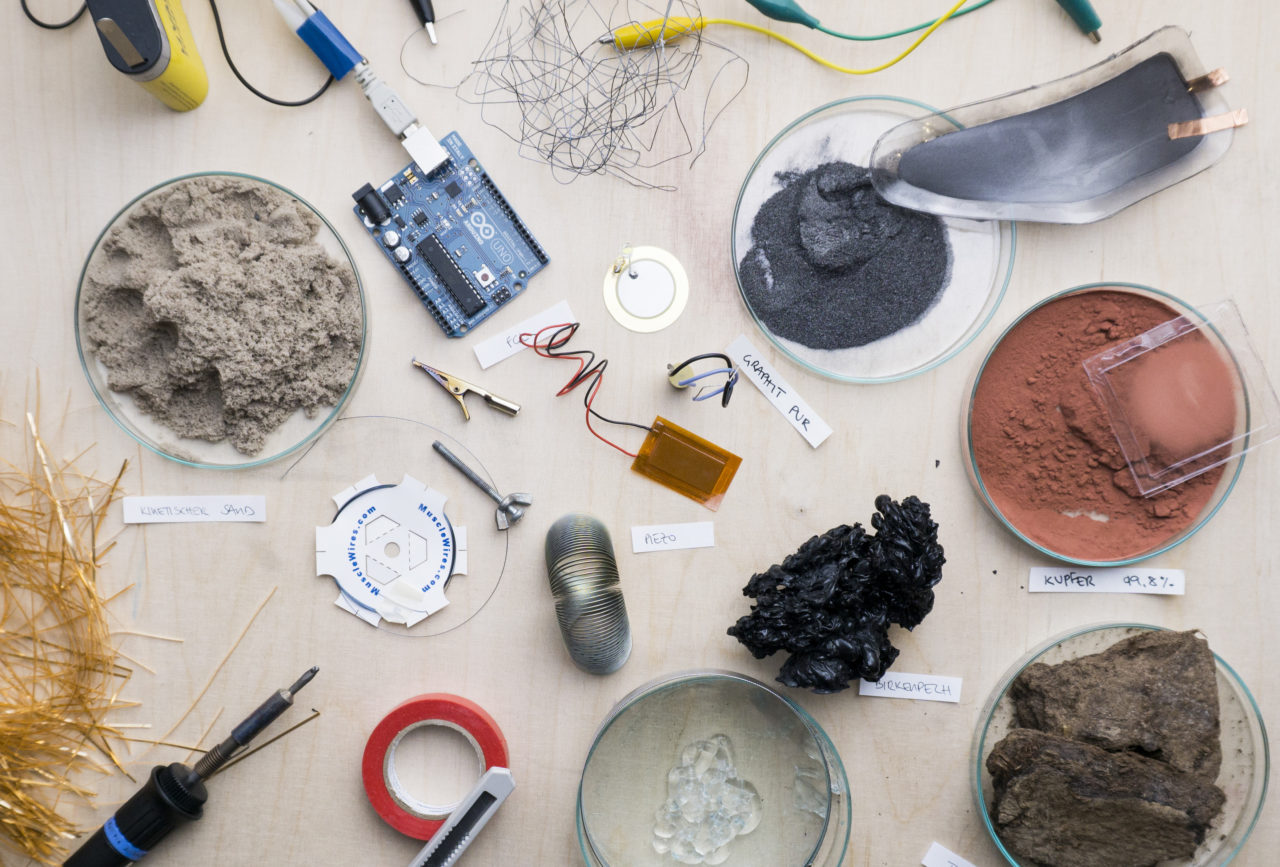
What are smart materials? What makes a material smart? How can complex scientific topics be translated using methods from art and design? How can technological knowledge be made tangible and visible to a broad...
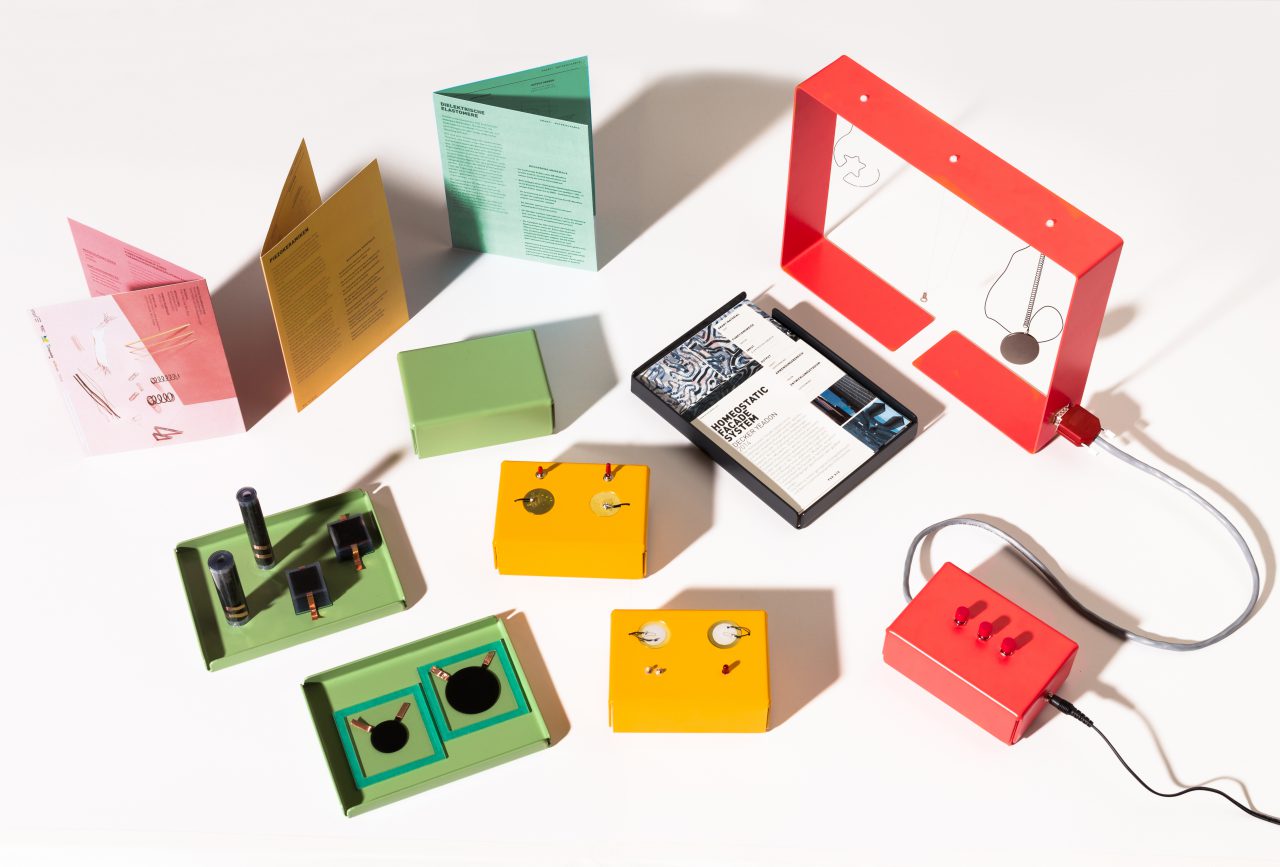
The research project within the framework of the BMBF-funded research cluster smart3 aimed to enable innovative cooperation between designers and scientists in order to encourage and facilitate the development of design concepts and prototypes...
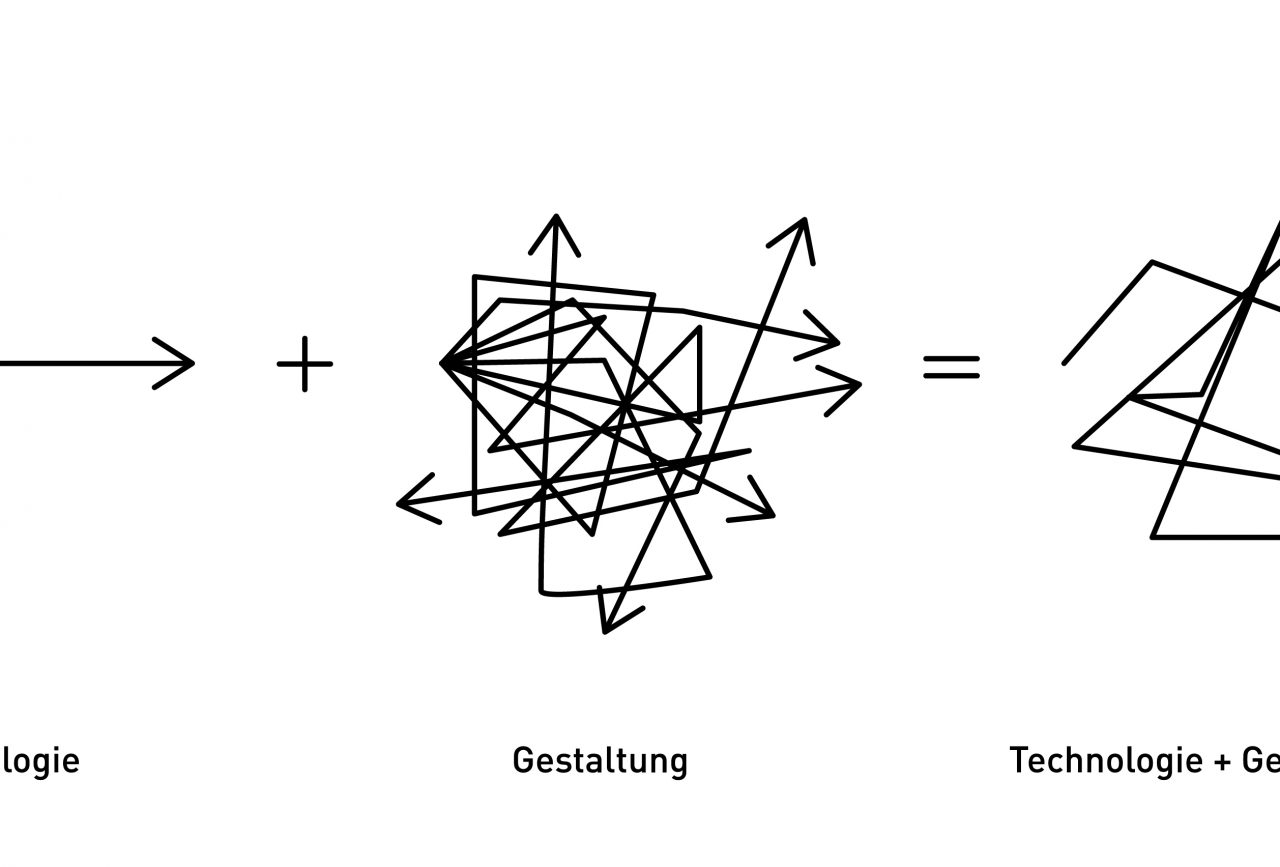
the strategy phase of smart³ where a shared road map for the heterogeneous research consortium was determined. Project partners: Fraunhofer-Institut IWU, Dresden, Fraunhofer-Institut IAP, Potsdam-Golm, Fraunhofer-Institut IKTS, Dresden, Kunsthochschule Burg Giebichenstein,...
Practice-led research is at the very heart of DXM. The research topics are covering wide range of topics from experimental material research to intelligent textiles and architectural applications. Our research culture aims at the integration of theory and practice, and promotes individual artistic and scientific enquiry spanning from applied research projects to speculative design probes. Design research at the doctoral level at DXM is currently possible only in cooperation with another university entitled to offer doctorate programmes, as weißensee kunsthochschule berlin does not yet have the right to award a doctorate on its own.
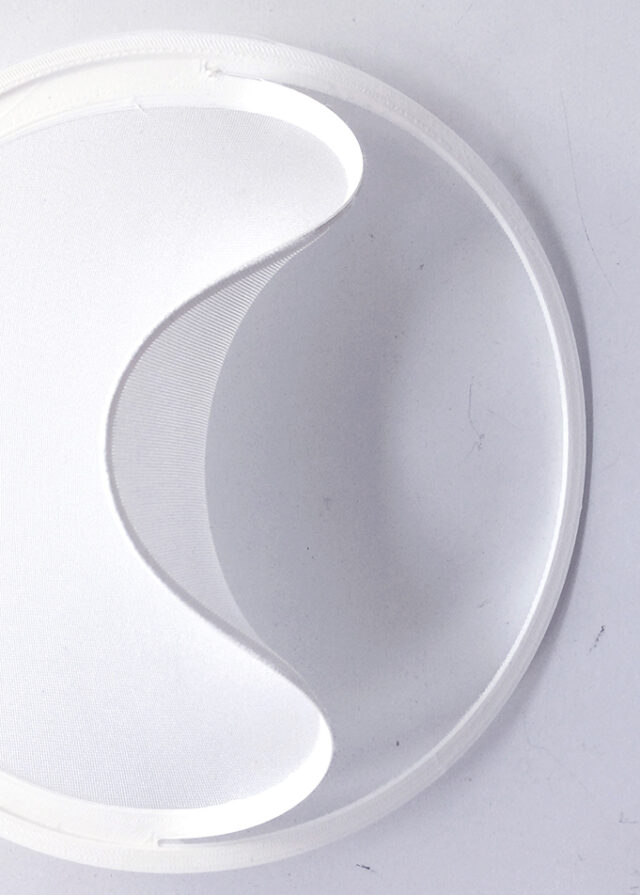
FORM-FINDING THROUGH 3D PRINTING ON PRE-STRESSED TEXTILES Textiles have been used in architecture...
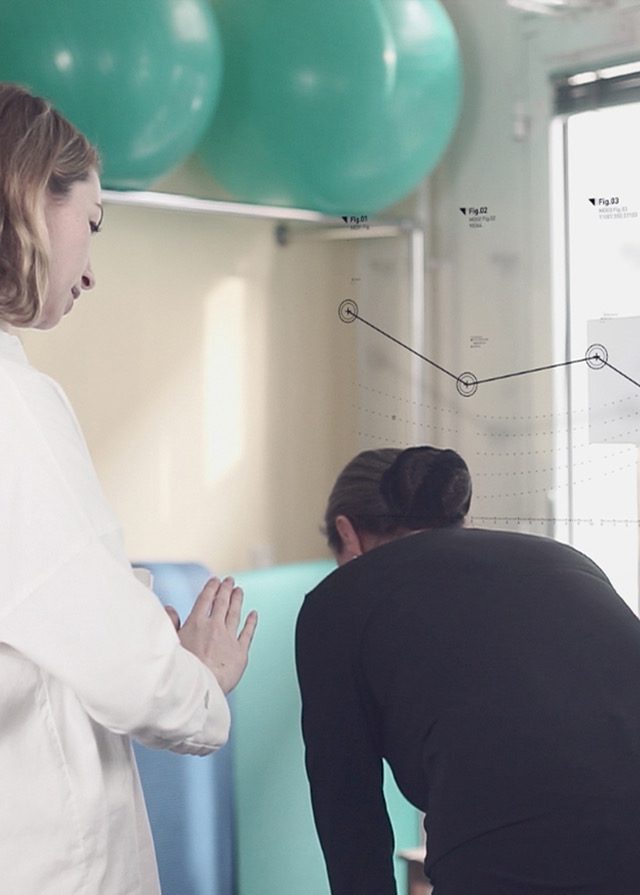
Strategies of Visibility and Visualization of Wearable Enhancement in the field of Smart...
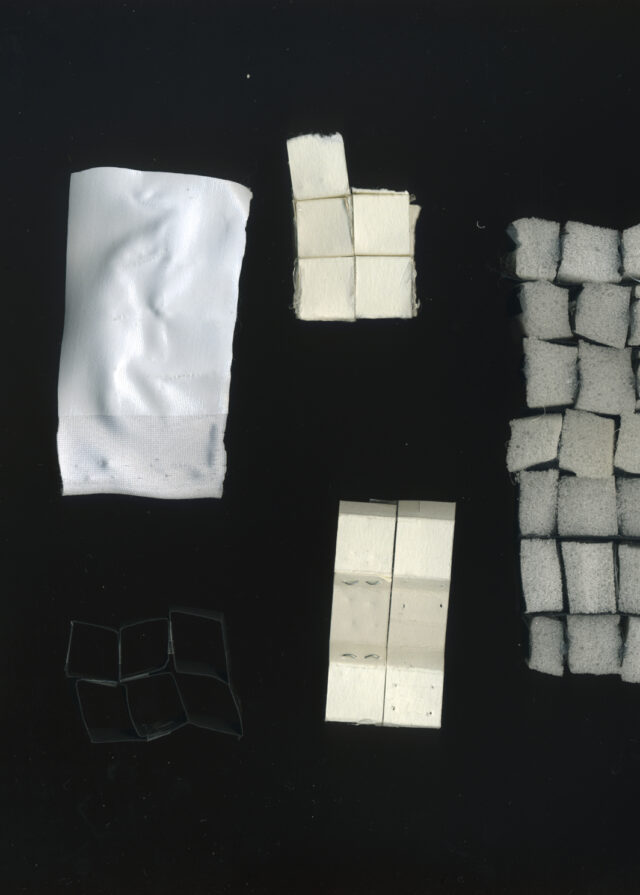
The project introduces the fiction of “Digital Materials” and aims to show...